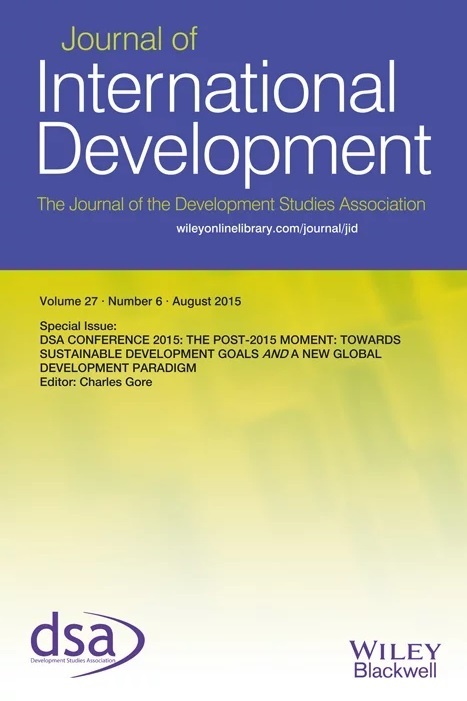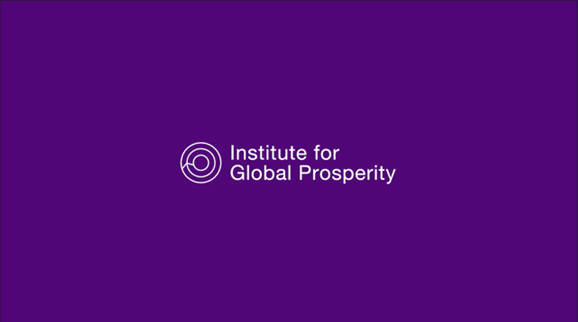
Published: Wednesday 5 August, 2015
Negotiations around Sustainable Development Goals and the post‐2015 development agenda should go beyond just re‐writing goals and targets that adhere to ‘sustaining’ the same old economic and social models. Instead, societies and governments should take this as an opportunity to advance more radical conceptual and practical approaches that challenge this reductive understanding of ‘sustainability’. The paper argues that we should turn our attention to prosperity rather than to development per se, recognising the critical role political and social innovation should have in unleashing individuals' potential to flourishing in a context of finite resources. The interwoven, interdependent and ever‐evolving nature of socio‐ecological systems, together with the uncertainties and ‘unknowns’ that characterise contemporary reality, questions the relevance of one‐size‐fits‐all goals. There is no single route to prosperity; diversity of objectives is essential and fundamental. Learning from initiatives in the Global South, such as the case of agroecology, might pave the way towards this paradigm shift.


